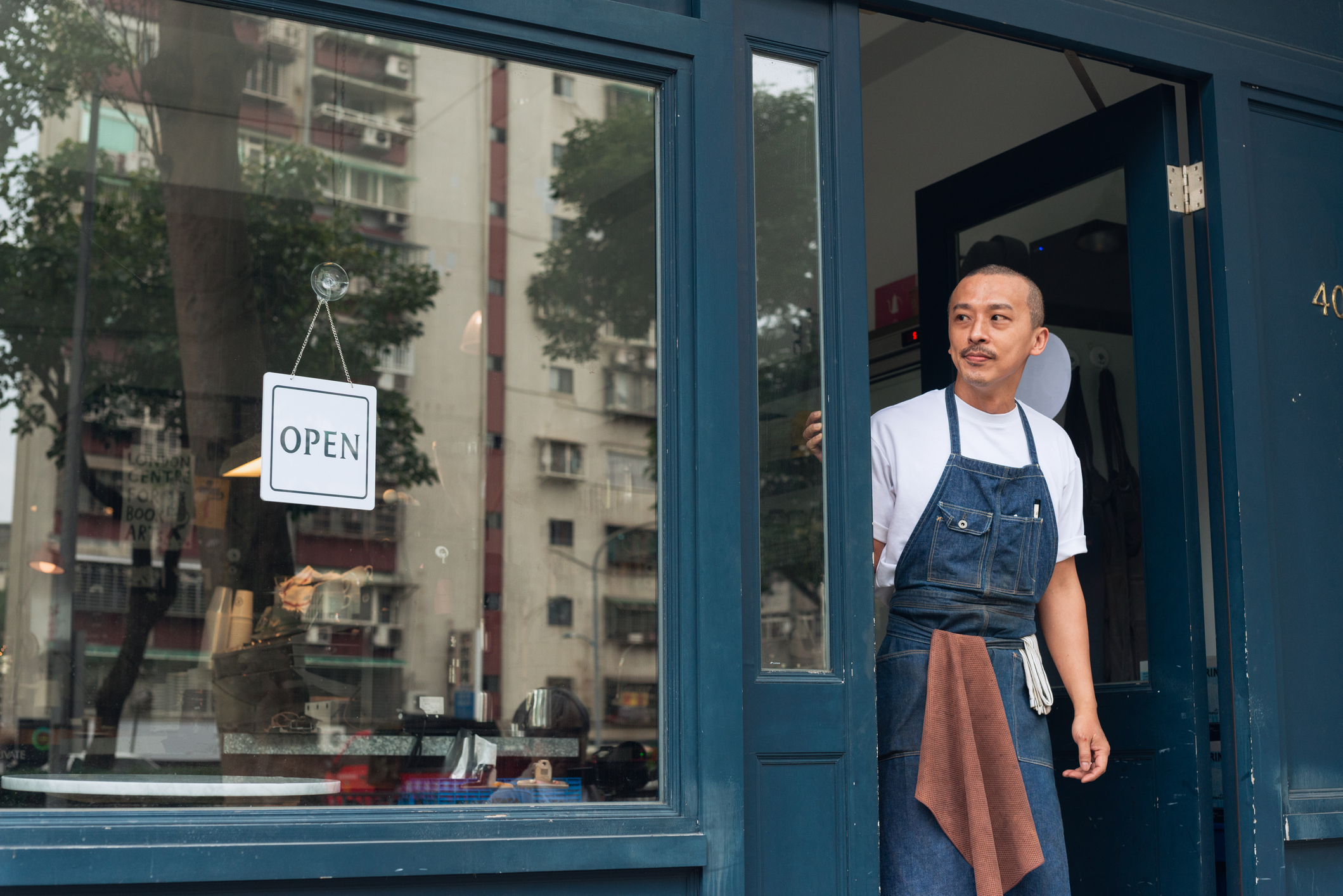WorkWhile, a temporary staffing agency based in San Francisco, is facing a lawsuit for allegedly misclassifying its workers as independent contractors instead of traditional employees. San Francisco City Attorney David Chiu filed the lawsuit, claiming that WorkWhile is not providing its workers with the benefits and protections they are entitled to under employment laws.
Established in 2019, WorkWhile offers a variety of job opportunities in sectors such as warehouse, hospitality, food service, delivery, event services, and general labor. The company operates in 40 metropolitan areas across 17 states, providing a platform for both employers and workers to connect for temporary job assignments.
According to WorkWhile’s website, all individuals using the platform are classified as independent contractors. The company promotes benefits such as next-day pay, free virtual healthcare, and upskilling opportunities for its workers. However, Chiu argues that the workers are being treated more like employees rather than independent contractors.
Chiu’s lawsuit claims that shift workers hired through WorkWhile have limited control over their pay rates, shift durations, and job duties. They are unable to negotiate their terms of work, promote themselves on the platform, or choose which shifts to take. Additionally, WorkWhile monitors the performance of these workers and has the authority to terminate them.
The misclassification of workers as independent contractors instead of employees deprives them of essential benefits such as unemployment insurance, disability insurance, and paid family leave. Chiu emphasizes that misclassification is a form of worker exploitation and violates local employment ordinances designed to protect workers’ rights.
In response to the allegations, WorkWhile has introduced a program called “W2 shifts,” which are different from the traditional 1099 shifts offered on the platform. These W2 shifts require additional onboarding and may provide a different set of benefits to workers.
Chiu believes that WorkWhile’s motivation for misclassifying workers is to avoid the costs and responsibilities associated with complying with labor laws. The lawsuit seeks injunctive relief, restitution, and penalties for the violations of worker misclassification. The state of California is also involved in the legal action to ensure that workers are provided with the protections and standards they deserve.
KRON4 reached out to WorkWhile for comment but has not received a response at the time of reporting. The outcome of the lawsuit will shed light on the practices of temporary staffing agencies and their treatment of workers in the gig economy.


















